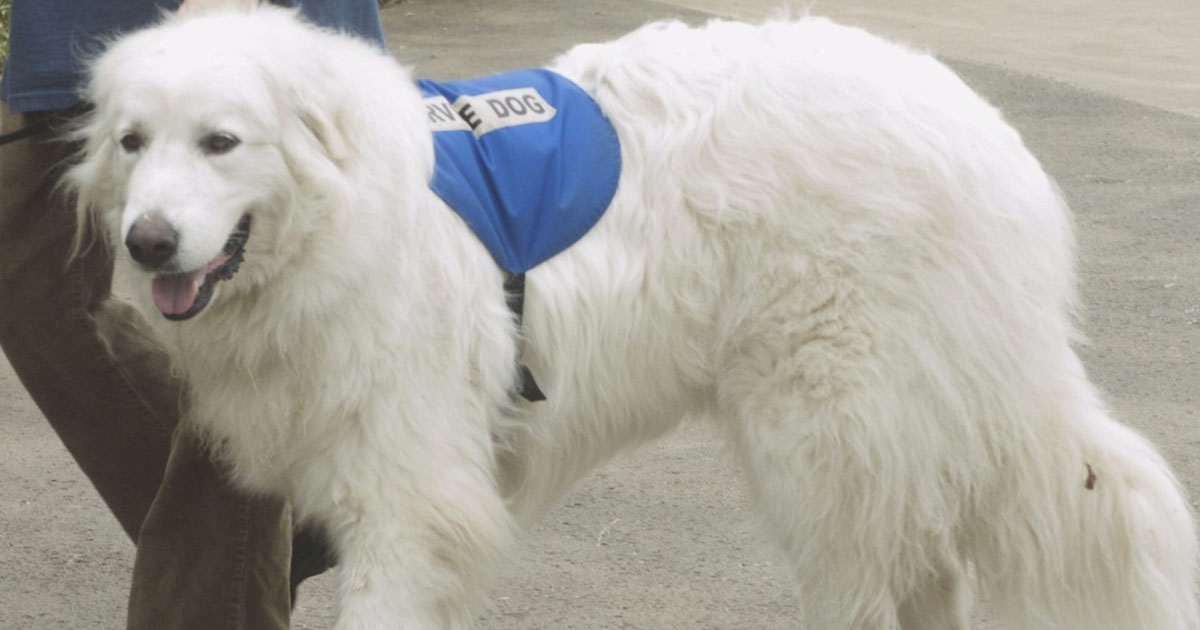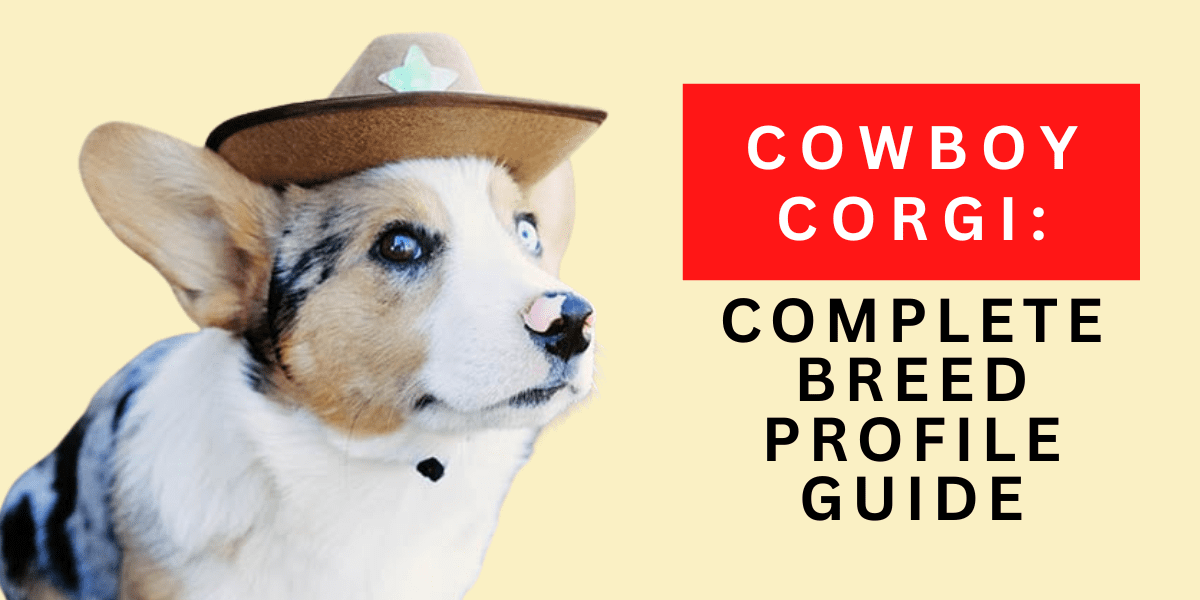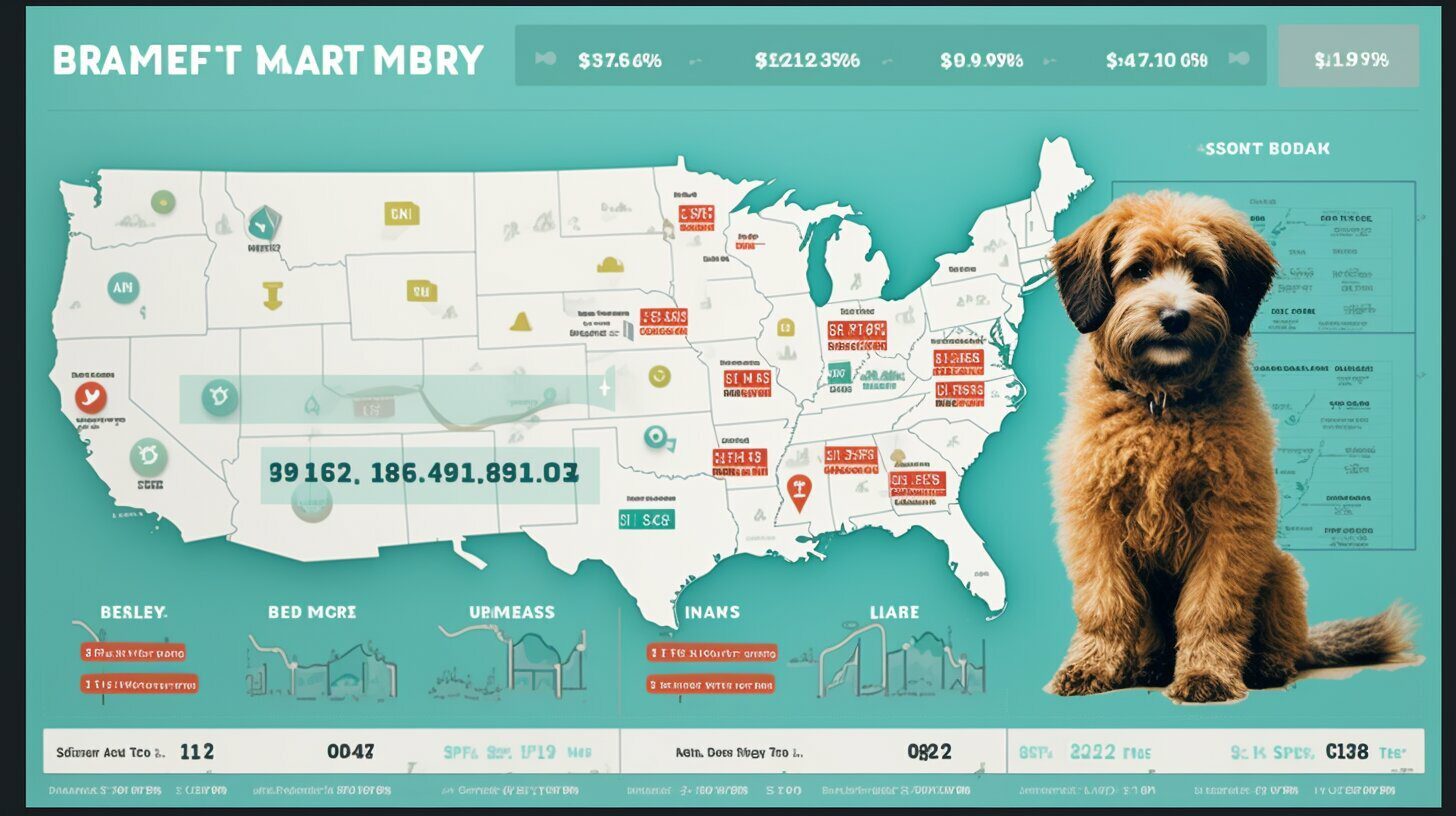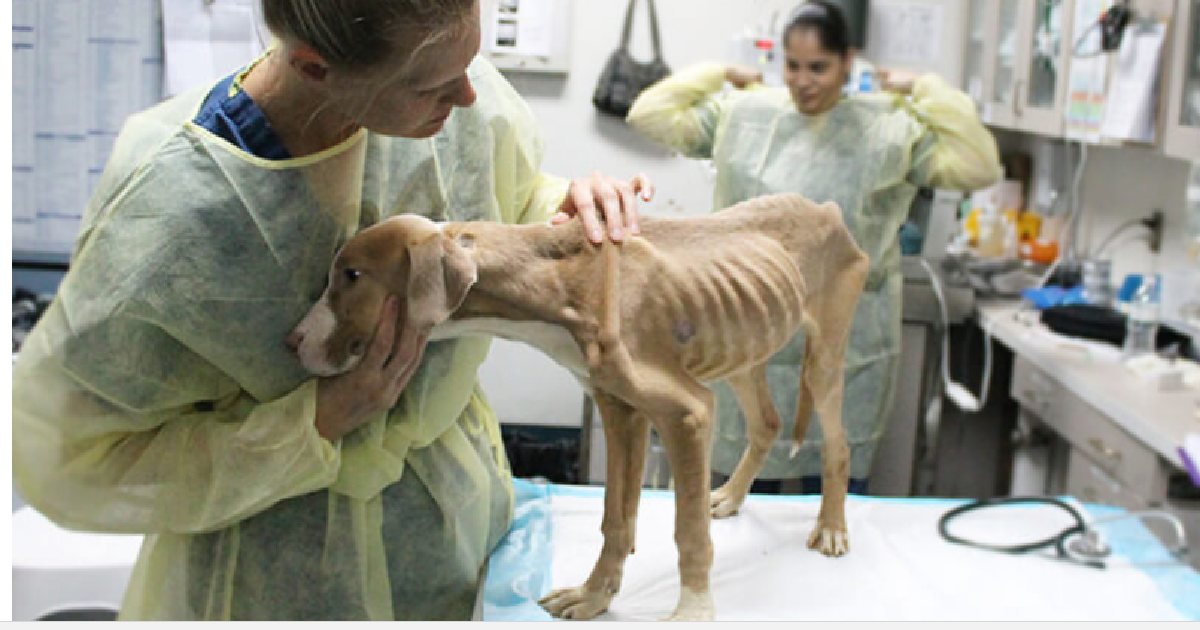As a dog owner, I understand the importance of knowing what foods are safe for our furry friends. One question that I often hear—and have wondered about myself—is, “Can dogs eat ketchup?” While we might enjoy the tangy taste of ketchup on our burgers and fries, it’s essential to consider whether it’s safe for dogs. So, can I give my dog ketchup during those summer barbecues, or should I steer clear of feeding dogs ketchup altogether?
It may come as a surprise, but ketchup isn’t the best treat for our canine companions. Sure, they might be eager to try anything we’re eating, but ketchup isn’t quite cut out for a dog’s diet. Why is ketchup safe for humans but a potential no-go for dogs? Let’s dive into this condiment conundrum and ensure our pets’ safety and happiness.
Can Dogs Eat Ketchup? Yes, but they shouldn’t.
- A little lick of ketchup might not be harmful, but it’s not recommended for dogs.
- Ripe tomatoes themselves are dog-safe, but ketchup ingredients often aren’t.
- Commercial ketchups contain onion and garlic powders, which are toxic to dogs.
- High sodium content in ketchup can be dangerous to your dog’s health.
- Always consult with your vet before introducing new items to your dog’s diet.
- Watching for adverse reactions after ketchup consumption is crucial for your dog’s well-being.
Understanding Ketchup Ingredients and Their Effects on Dogs
As a pet owner, I often find myself scrutinizing food labels to ensure the safety of what I’m giving my furry companion. When it comes to sharing human condiments like ketchup with dogs, it’s important to understand the ingredients that could hide potential dangers. While we might enjoy a generous dollop of ketchup on our burgers, it’s a different story for our four-legged friends.
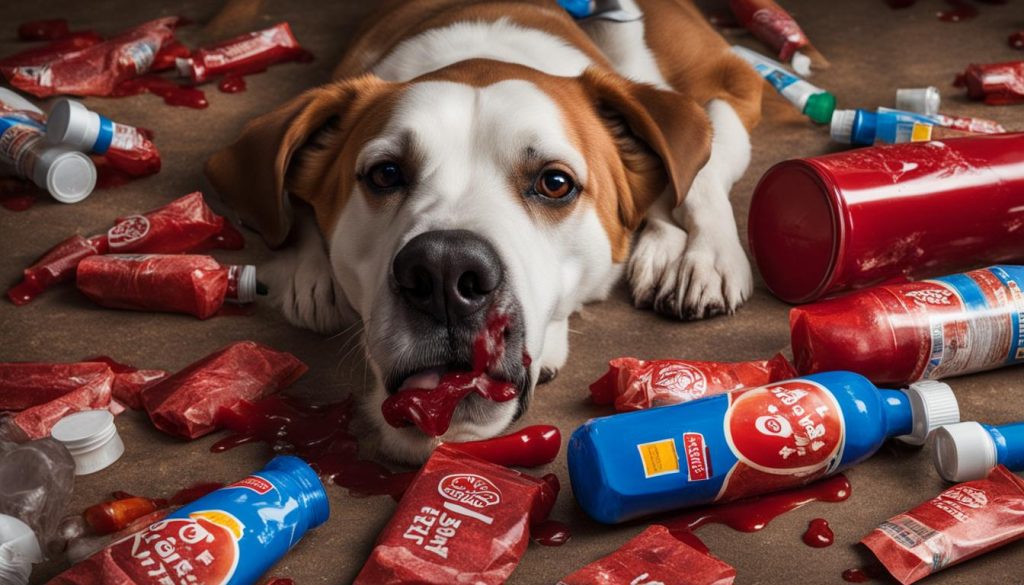
The Basic Components of Ketchup
The primary ingredient in ketchup is tomato concentrate, which, in its natural state, isn’t harmful to dogs. However, moderation is key, as too much of even a good thing can cause issues for your pooch. It’s the additional ingredients in ketchup that raise red flags for dog health, turning an innocent side condiment into a potential hazard.
Why Onion and Garlic Powder are Concerns for Canine Health
Many ketchup brands include onion and garlic powders to enhance the flavor, but these ingredients can be toxic to your dog’s red blood cells. They contain compounds that can lead to oxidative damage, resulting in a dangerous condition known as anemia. This makes ketchup in dog food more than just an unnecessary additive; it could be a silent threat to your furry friend.
The Impact of Sodium and Sugars in Ketchup on Dogs
A glance at the ingredients list on a ketchup bottle reveals high-fructose corn syrup and substantial amounts of sodium—two components that could spell trouble for dogs. These can contribute to obesity and heart disease and potentially cause salt poisoning and dehydration. They’re good reminders that ketchup and dogs don’t mix well and that the harmful effects of ketchup on dogs can manifest in various troubling health concerns.
Can Dogs Eat Ketchup Without Health Risks?
As a pet enthusiast, I’m often asked by fellow dog owners if it is safe for dogs to eat ketchup. My usual advice is to proceed with caution. Although a tiny dab of ketchup isn’t likely to send your pooch to the emergency room, it certainly isn’t a staple for their diet either. Ketchup, as innocent as it seems with its sweet and tangy allure, can harbor hidden risks for dogs eating ketchup that pet parents may overlook.
The quintessential American condiment typically contains ingredients like high fructose corn syrup — which equates to sugar — garlic powder, and onion powder, not to mention a hefty dose of sodium. All these components can wreak havoc in a dog’s system. Sure, they love the taste, but the presence of garlic and onion powders can lead to a risk of hemolytic anemia. The high sodium content is another worry, potentially causing dehydration or even salt poisoning with enough consumption.
Moreover, many brands of ketchup include xylitol, a common sweetener in human foods but a deadly toxin for our canine companions. Even a small amount of xylitol can cause hypoglycemia, seizures, and liver failure. Thus, while we might consider ketchup a benign topping, it’s a veritable minefield of no-nos for our four-legged friends. The message I impart is to always scrutinize the label and limit your dog’s exposure to this seemingly innocuous condiment. It’s just not worth the risk when there are plenty of dog-friendly options out there.
Ultimately, my goal is to ensure each tail wag and puppy smile isn’t cut short by an avoidable dietary mishap. And when it comes to ketchup, I lean on the side of caution, guiding dog owners to err towards keeping their precious pets’ meals simple, healthy, and free from foods that pose any risk. After all, their well-being is our responsibility, and making informed choices about their diet is a cornerstone of good pet stewardship.
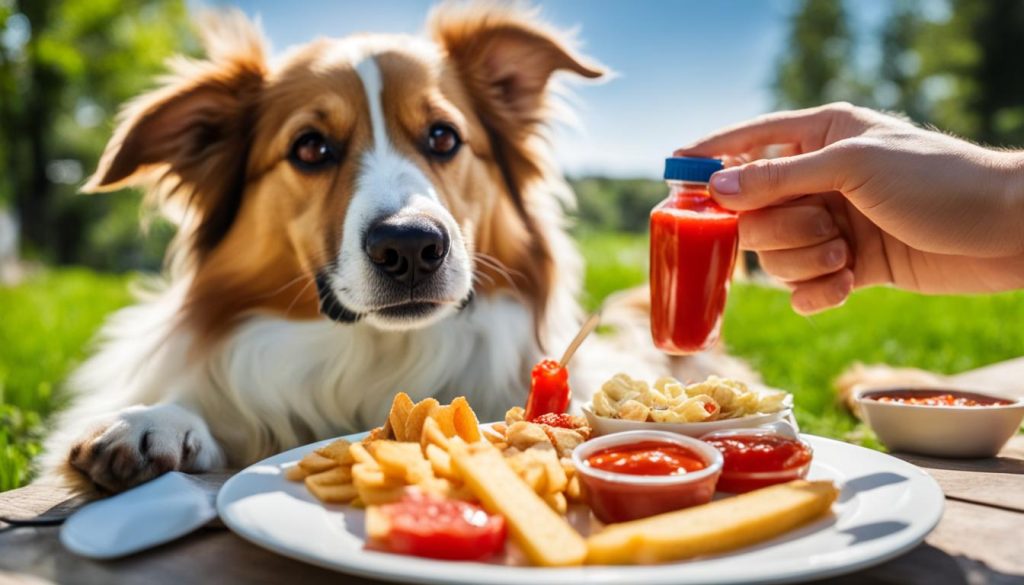
Safe Alternatives to Ketchup for Dog Owners
As a responsible pet parent, I’m always looking for the healthiest options for feeding my dog. It’s important to know that while feeding dogs ketchup may not always be safe due to unhealthy additives, there are wholesome alternatives that they can enjoy without risk.
Homemade Ketchup: A Safer Option?
Making homemade ketchup is a great way to provide a safer treat for your furry friend. This way, I can control exactly what goes in it, ensuring there’s no onions, garlic, excessive salt, sugar or any artificial flavorings. It’s crucial for pet owners like myself to remember that even these safer versions of ketchup should only be offered in small quantities to avoid upsetting our dog’s dietary balance.
Healthy Tomato-Based Treats for Your Pooch
When it comes to tomatoes, the key is ripeness and moderation. Fully ripened, plain red tomatoes, free of stems and leaves, can be a healthy snack for dogs. Tomato pomace, which is rich in fiber and antioxidants, can also be a beneficial ingredient in moderate amounts. It’s a non-toxic byproduct of tomato processing that I’ve found to be safe for my dog. Always avoiding harmful ingredients is my top priority to ensure these tomato-based treats stay healthy for my companion.
What To Do If Your Dog Consumes Ketchup
As a pet owner, I always worry about the safety of the foods my furry friend has access to. You might be asking yourself, “Can dogs eat ketchup, and is ketchup safe for dogs?” The answer is not straightforward. While it’s not a toxic substance, ketchup contains several ingredients that aren’t recommended for canine consumption. Should your dog get into a bottle of ketchup, there are important steps you need to follow to ensure their well-being.
Immediate Steps to Take Following Ketchup Ingestion
The moment I realize my dog has consumed ketchup, my first action is to check the ingredient list on the ketchup bottle. This is especially crucial if the ketchup contains xylitol, a sweetener that can be lethal for dogs. I assess how much ketchup was ingested to determine the urgency. For small amounts and non-xylitol ketchup, keeping an eye on my dog for any signs of discomfort is typically sufficient. However, if I find that xylitol or another harmful ingredient was ingested or the amount was large, I know it’s time to seek immediate veterinary care.
When to Call the Vet: Symptoms to Monitor
After an unexpected ingestion of ketchup by my dog, I stay vigilant for any unusual behaviors. Signs such as lethargy, vomiting, and muscle weakness can manifest if my dog is reacting poorly to the ketchup. These symptoms are warnings that my dog’s body is not coping well with what was eaten. At the first hint of any of these signs, I make no hesitation to call my vet. Better to be safe and ensure the health and safety of my trusted companion. As they say, an ounce of prevention is worth a pound of cure, so I make sure to teach my dog to stay away from ketchup and similar items that aren’t suitable for their diet.
Conclusion
As we wrap up, it’s clear that while our furry companions may show interest in human condiments like ketchup, it’s not an ideal choice for their consumption. Though can dogs eat ketchup is a seemingly simple query, the answer is rooted in understanding the potential health risks involved. Ketchup isn’t inherently toxic, but it contains several ingredients – such as onion and garlic powders, excessive sodium, and sugars – which aren’t safe for dogs to eat ketchup on a regular basis or in substantial amounts. These components can cause digestive issues, sodium poisoning, or even more grave conditions that compromise the well-being of our pets.
Recognizing the hazards that ketchup and dogs present when mixed, I urge pet parents to seek alternatives that cater to their dogs’ taste buds without compromising their health. Consider making a homemade sauce tailored to your dog’s dietary needs or offering small portions of plain, ripe tomatoes as a treat. Taking these precautions will ensure that we’re not inadvertently putting our dogs at risk for the sake of a momentary taste.
For the times when ketchup does find its way into our dogs’ diets, vigilance is key. Monitoring our pets for any adverse reactions and being ready to consult with a veterinarian promptly will help keep them safe. Ultimately, we all want what’s best for our loyal canine friends. Steering clear of ketchup and opting for healthier, canine-friendly snacks is a decision that aligns with both our dogs’ preferences and their nutritional needs. If ever in doubt, remember it’s always wise to err on the side of caution and verify what’s safe for dogs to eat ketchup and other human treats by consulting with a professional.
FAQ
Can Dogs Eat Ketchup?
Generally, dogs should not eat ketchup. While a tiny amount may not cause immediate harm, ketchup contains ingredients that can be unhealthy and even toxic to dogs, such as onion and garlic powder, excess sugar, and high sodium content.
Is Ketchup Safe for Dogs?
Ketchup is not considered safe for dogs. It includes substances that are not beneficial to canine health and can lead to various health problems if consumed regularly or in large quantities.
Can I Give My Dog Ketchup?
It is recommended to avoid giving your dog ketchup. The condiment often contains onion and garlic powders, which can be toxic to dogs, and other ingredients like excess sodium and sugars that may harm your pet.
What Are the Basic Components of Ketchup, And How Do They Affect Dogs?
Common ingredients in ketchup include tomato concentrate, vinegar, high fructose corn syrup, corn syrup, salt, spices, onion powder, natural flavorings, and garlic powder. Some of these, especially onion and garlic powders, pose health risks to dogs, such as anemia from the destruction of red blood cells, while high sugar content can lead to diabetes and obesity.
Why Are Onion and Garlic Powder Concerns for Canine Health?
Onion and garlic powders can cause damage to a dog’s red blood cells, leading to anemia. These ingredients are considered toxic for dogs and should be avoided.
How Does the Sodium and Sugar in Ketchup Impact Dogs?
High amounts of sodium can lead to salt poisoning and dehydration in dogs, while drastic sugar intake can lead to obesity, dental problems, and diabetes, negatively impacting a dog’s overall health.
Are There Any Safe Alternatives to Ketchup for Dogs?
As a safer alternative, dog owners can make a homemade version of ketchup without the harmful ingredients such as onions, garlic, excessive sugar, and salt. They can also offer their dogs fully ripened tomatoes in moderation, ensuring that the tomatoes are free of stems and leaves.
What Immediate Steps Should I Take If My Dog Consumes Ketchup?
Check the label for harmful substances, especially xylitol, and if present, or if your dog consumed a large amount of ketchup, seek immediate veterinary attention. Otherwise, watch your dog for any signs of gastrointestinal distress and consult with your vet if you’re concerned about the amount ingested.
What Symptoms Should I Monitor If My Dog Has Eaten Ketchup?
Keep an eye out for symptoms such as vomiting, diarrhea, lethargy, and any unusual behavior. If you notice your dog seems unwell or exhibits these symptoms, it’s important to contact your veterinarian.



